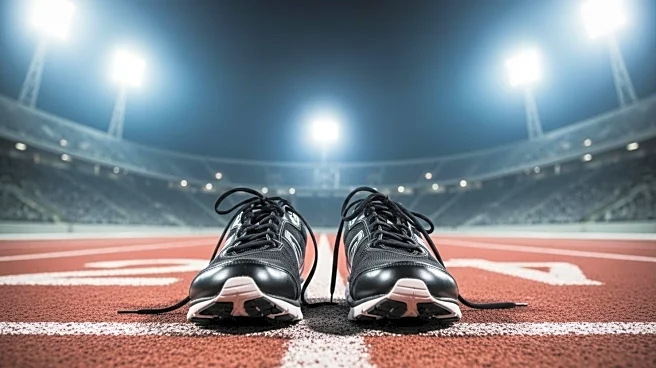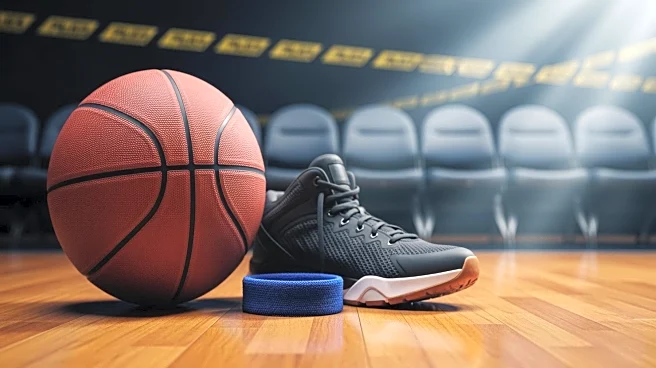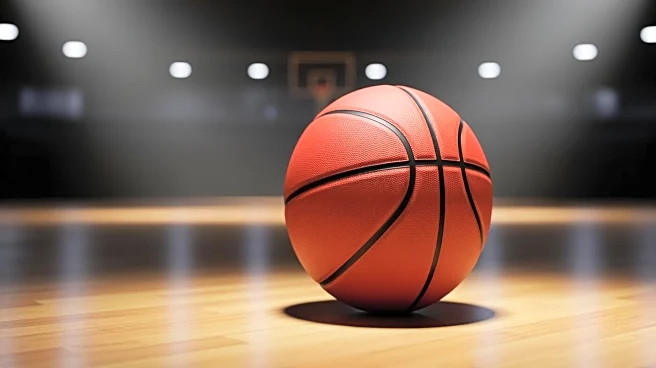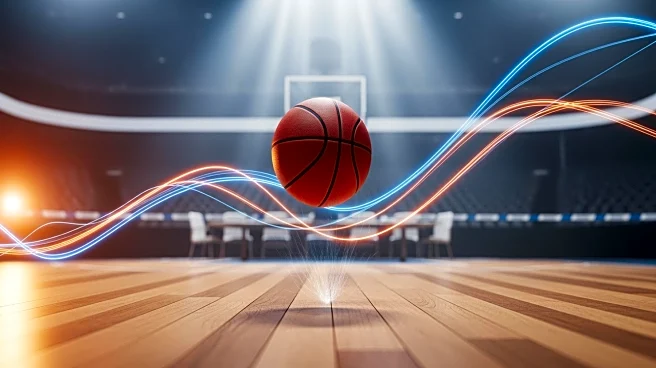What's Happening?
Cole Hocker, an American runner, secured the gold medal in the men's 5000m at the World Athletics Championships held in Tokyo, Japan. Hocker's victory comes after a controversial disqualification in the 1500m event, where he was deemed to have violated 'jostling' rules during the semifinals. Despite the setback, Hocker made a remarkable comeback, finishing the 5000m race in 12:58.30, ahead of competitors from Belgium and France. This win marks Hocker as the second American to achieve a 5000m world title, following Bernard Lagat's triumph in 2007. Hocker expressed his determination to end the championship on a positive note, emphasizing the personal nature of his previous disqualification.
Why It's Important?
Hocker's victory is significant for American athletics, showcasing resilience and determination in the face of adversity. His win contributes to Team USA's overall success at the championships, where they achieved a total of 16 gold medals, surpassing previous records. This accomplishment not only highlights individual athletic prowess but also strengthens the reputation of American track and field on the global stage. The triumph serves as an inspiration for athletes facing challenges, demonstrating the importance of perseverance and focus.
What's Next?
Following the championships, Hocker and Team USA will likely focus on preparing for upcoming international competitions, including the Olympics. The team's performance may influence future training strategies and athlete development programs. Stakeholders in American athletics might also explore ways to address and prevent disqualification issues, ensuring fair competition and maintaining the integrity of the sport.
Beyond the Headlines
Hocker's journey underscores the psychological and emotional aspects of competitive sports, highlighting how athletes cope with setbacks and channel their energy into future successes. The incident raises questions about the rules governing track events and the impact of disqualifications on athletes' careers. It also prompts discussions on the support systems available to athletes during challenging times.









